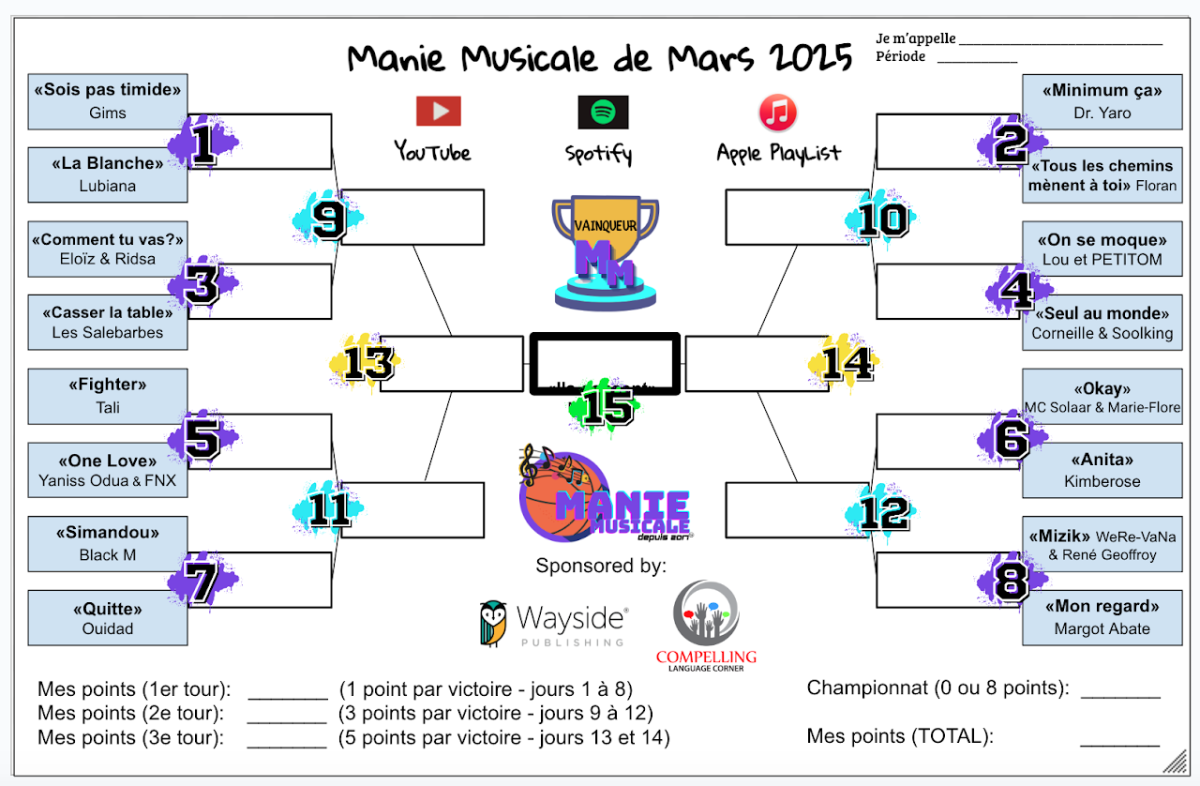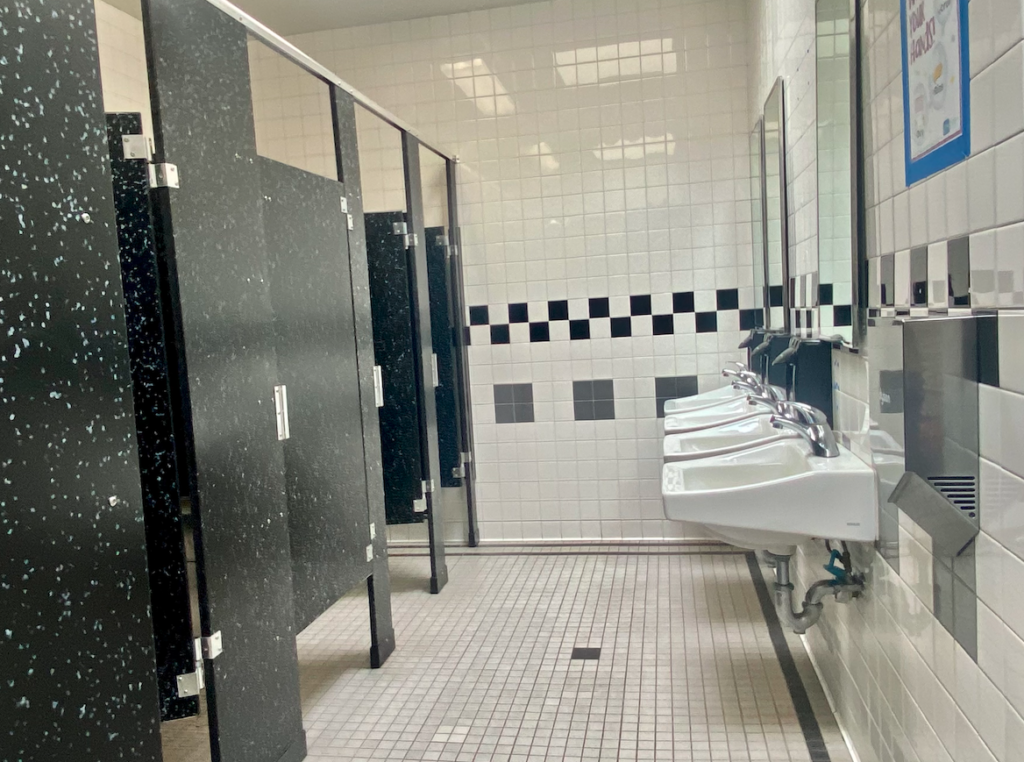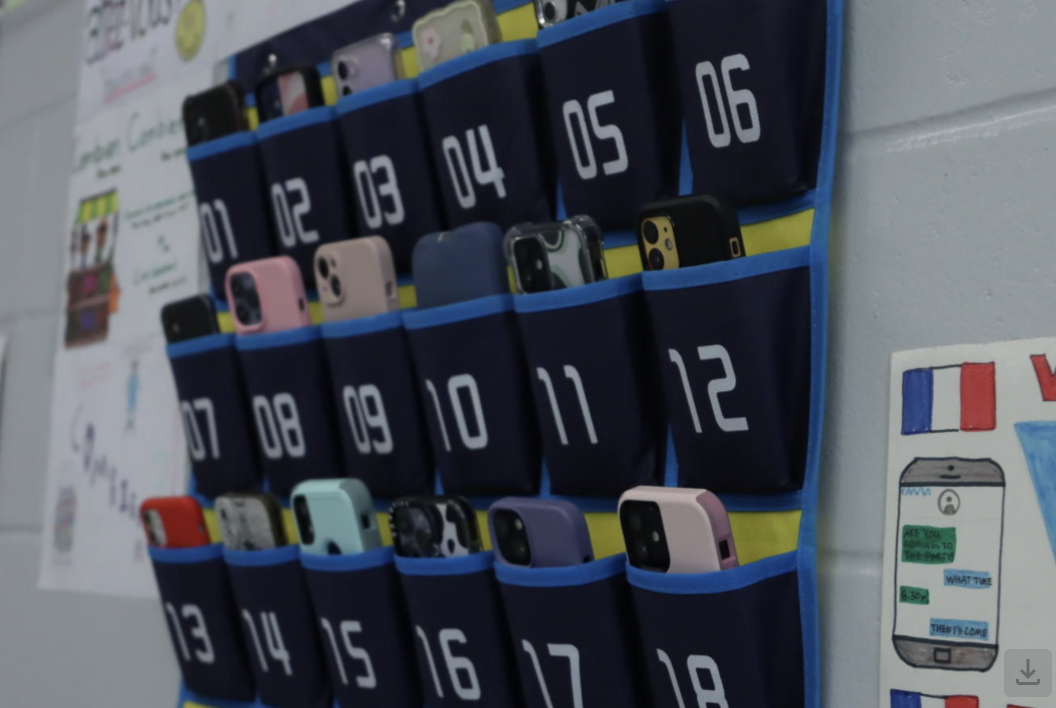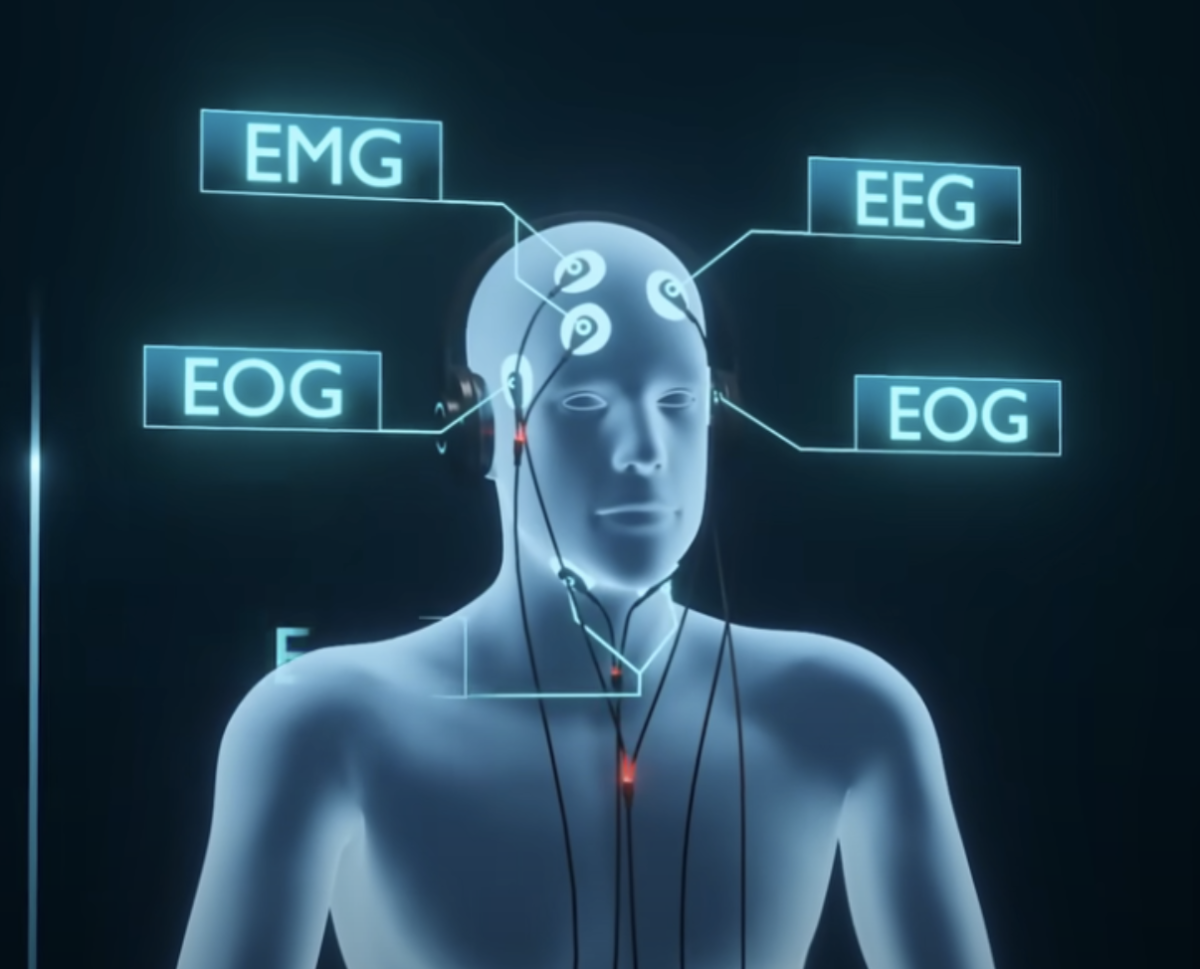October 8, 2024: researchers at REMspace have emerged with unprecedented results of a recent sci-fi-esque experiment on the subconscious. The neurotechnology company has purportedly achieved inter-dream communication between two individuals.
Situated in California, REMspace’s operation is centered around the study of lucid dreaming and innovation of sleep-related technologies. Lucidity occurs when a person is aware of their current dream state and is even in control of their own dream sequence.
REMspace has previously conceived systems designed to induce and enhance lucid dreaming, including a specialized dream language, Remmyo; the cipher was developed through electromyographic sensing to decode the muscle reflexes that arise when a specific sound is produced in a dream.
The experiment itself was conducted on September 24. Using a specialized Remmyo interpreter, sleeping participants received Remmyo words when a “specially developed apparatus” detected their transition into the lucid dream state. Their responses were collected by the system and transmitted to a connected participant when they entered a lucid state. The exchange was confirmed upon awakening, marking a huge milestone.
REMspace founder and president, Michael Raduga, reflects on this discovery: “Yesterday, communicating in dreams seemed like science fiction. Tomorrow, it will be so common we won’t be able to imagine our lives without this technology. This opens the door to countless commercial applications, reshaping how we think about communication and interaction in the dream world. That’s why we believe that REM sleep and related phenomena, like lucid dreams, will become the next big industry after AI.”
REMspace has recognized the potential of REM sleep and, by extension, lucid dreaming in the freedom that it offers. The startup describes the REM experience as immersion in a realm of boundless possibilities, including engagement with the five senses, pleasurable or painful sensations, and self modification, discarding the limitations of physical reality.
Thus, the study of lucid dreaming also introduces various psychological applications, such as limiting nightmares and addressing phobias. Moreover, time spent in sleep could be dedicated to deliberate thinking, as with skill practice and problem solving during sleep.
While these findings have not been critically peer-reviewed or corroborated by the scientific community, if verified, these claims would have profound implications on the future of sleep research and the exploration of consciousness.















